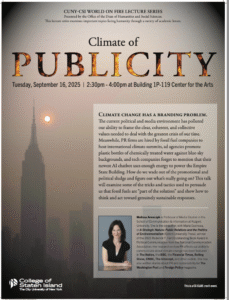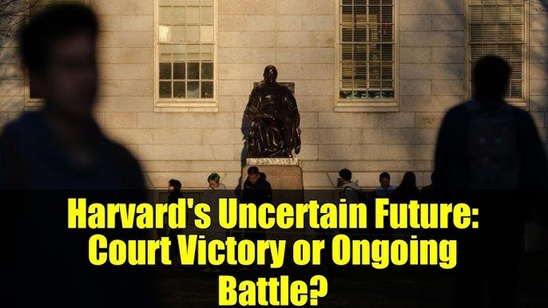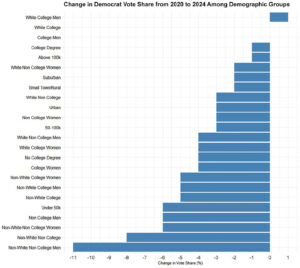Home » Articles posted by Maya Pacheco-Berger
Author Archives: Maya Pacheco-Berger
PRLS Final–Maya
What have you learned in this course? What I have learned is the configuration of Latinx identity is more broad and continually expansive than I could’ve realized. It is interesting studying a subject that for me, and I think for many of us is so deeply personal. For me it was a place to deeply […]
Recent Posts
Recent Posts Across the Commons
-

Michael Paris wrote a new post on the site College of Staten Island Legal Studies Institute 9 minutes ago
Important Lecture: Climate of Publicity, Tue.. 9/16, 2:30 pm, Building 1P, Room 119
 World on Fire Lecture Series-Climate of Publicity
World on Fire Lecture Series-Climate of Publicity -

Anthony Picciano wrote a new post on the site Tony's Thoughts 3 hours, 19 minutes ago
Harvard court victory leaves scientists feeling vindicated but uncertain by Phie Jacobs
 Dear Commons Community, Phie Jacobs, a general assignment reporter for Science, has an article this morning entitled, “Harvard court vi […]
Dear Commons Community, Phie Jacobs, a general assignment reporter for Science, has an article this morning entitled, “Harvard court vi […] -

Anthony Picciano wrote a new post on the site Tony's Thoughts 3 hours, 48 minutes ago
What Charlie Kirk’s killing means for Trump and America?
 Trump and Charlie Kirkl – Josh Edelson Dear Commons Community, Charlie Kirk became one of Donald Trump’s closest allies by taking th […]
Trump and Charlie Kirkl – Josh Edelson Dear Commons Community, Charlie Kirk became one of Donald Trump’s closest allies by taking th […] -

Jack Jewell (He/Him) wrote a new post on the site Selected Directors: Luis Buñuel 8 hours, 7 minutes ago
Weekly Response 2When reading the reviews and critic commentaries about Un Chien Andalou, I found it very interesting that many viewers found that Buñuel’s […]
-

Grace Tapia wrote a new post on the site Selected Directors: Luis Buñuel 8 hours, 25 minutes ago
Grace Tapia Week 2The experience of watching Un chien andalou and L’age d’or one after the other was definitely an enlightening introduction to Buñuel as a […]
-

Maribel Gomez (She/Her) wrote a new post on the site Selected Directors: Luis Buñuel 9 hours, 37 minutes ago
Weekly Response 2This week in class, we watched Un Chien Andalou and L’Age D’or. My feelings about his characters throughout the films were more in line with […]
-

Margaret Miller (she/her) wrote a new post on the site Graduate Center Library Blog 13 hours, 18 minutes ago
Teaching US History With OER
 This piece is part of a series by participants in the Summer 2025 Open Knowledge Fellowship, coordinated by the Mina Rees Library. Fellows […]
This piece is part of a series by participants in the Summer 2025 Open Knowledge Fellowship, coordinated by the Mina Rees Library. Fellows […] -

Jamie Kenneth Banks wrote a new post on the site Greek Mythology 101 @ Hunter College 14 hours, 26 minutes ago
Alternate Cosmologies Orphism and the Presocratic PhilosophersOne of you asked a great question after class: were there other Theogonies or beliefs about the creation of the world than the […]
-

Nadhia Rahman wrote a new post on the site New Labor Forum 15 hours, 8 minutes ago
How the Democrats Can Rebuild a Working-Class Majority
 What is the best way to build working-class power when labor’s leverage over capital is near a historic low? With private-sector union density at j […]
What is the best way to build working-class power when labor’s leverage over capital is near a historic low? With private-sector union density at j […] -

Raffi Khatchadourian wrote a new post on the site Raffi Khatchadourian 15 hours, 34 minutes ago
Maintainer for the CTAN LaTeX algorithms package
 I have been appointed the official maintainer role for the CTAN LaTex algorithms package! This is my first time maintaining a LaTeX […]
I have been appointed the official maintainer role for the CTAN LaTex algorithms package! This is my first time maintaining a LaTeX […]



